The COVID-19 pandemic pushed many of us to explore new hobbies, and for millions of Americans, gardening became a go-to activity. But did you know that gardening and growing your own food offer more than just a relaxing weekend pastime? In this blog, we will dive into five research-backed reasons why you should get into gardening too!
1. You Make Healthier Food Choices
Growing your own food has a huge impact on the types of food choices you make:
- A study by Cornell University found that children involved in growing salad greens were over four times more likely to choose salads at lunchtime.
- Similarly, the Centre for Research and Environmental Epidemiology in Barcelona discovered that in schools where kids learned to grow their own food, their fruit and vegetable consumption increased significantly.
There's something magical about eating what you grow. It fosters a sense of pride and a greater appreciation for quality and freshness. Plus, when you’re involved in the growing process, you're more mindful of where your food comes from, which often leads to healthier eating habits. After all, it’s hard to know where a fast-food burger comes from and still feel good about eating it!

2. Enjoy Better Quality and Nutritional Value
Did you know the average meal in the U.S. travels over 1,500 miles from farm to table? By the time it reaches you, it could be weeks old, losing its freshness and nutritional value. Here are two reasons why this matters:
- To endure long transportation and shelf time, produce is often harvested before it's fully ripe. This means you miss out on peak taste, texture, and nutritional value. In nature, ripeness is a sign of peak quality, but many store-bought fruits and vegetables are picked too soon.
- Once harvested, fruits and vegetables start to decompose, losing nutrients quickly. Research shows that most produce loses about 30% of its nutrients within three days of harvest. Spinach, for example, can lose up to 53% of its folate if stored for just 8 days.
So, while those week-old vegetables at the supermarket might look fresh, their nutritional content might tell a different story. Growing your own food ensures you eat produce at its freshest and most nutritious.

Source: Urban Leaf
3. Your Money Supports What Truly Matters
Only a small fraction of every dollar spent on food actually reaches the farmers who grow it—just 10.4 cents. The rest goes towards processing, packaging, and marketing—things that often diminish the quality of our food and add unnecessary costs. When you grow your own food, you know exactly where your money and efforts are going: freshness, health, quality, taste, and nutritional value.

Source: USDA
4. Living with Plants Boosts Your Well-being
Did you know that just living with plants, even if you don’t eat them, can make you healthier and more productive? We explored this in another blog post last year, but here are some highlights:
- Improves focus and attention – Studies show that having greenery in your environment can improve well-being by 15%, raise productivity by 6%, and boost creativity by 15%.
- Reduces stress and anxiety – Gardening for just 30 minutes can reduce stress more effectively than a quiet reading session. (Not that we’re suggesting you skip reading, of course!)
- Promotes physical health – Being around plants in classrooms and workplaces has been associated with 21-34% fewer health problems.
In fact, one study found that patients in hospitals recovered faster when they had plants in their rooms.
5. Contribute to a Diverse, Resilient, and Ethical Food System
Today’s food industry often gives the illusion of abundance and choice, but it is dominated by just a few crops. Growing your own food helps diversify our food system, making it more resilient and ethical. You become part of a movement towards a more sustainable and healthy future.
If you're interested in learning more about indoor gardening or growing food in small spaces, check out our indoor gardening kits to get started!

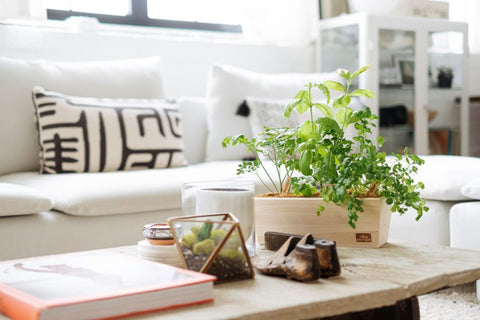

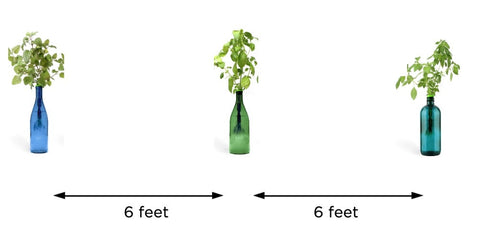
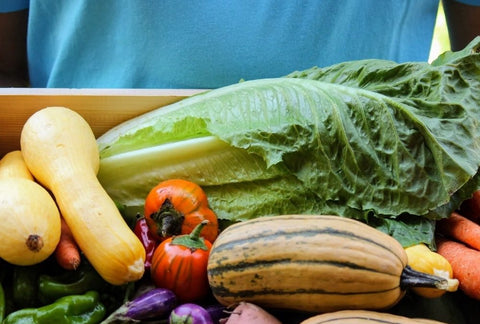


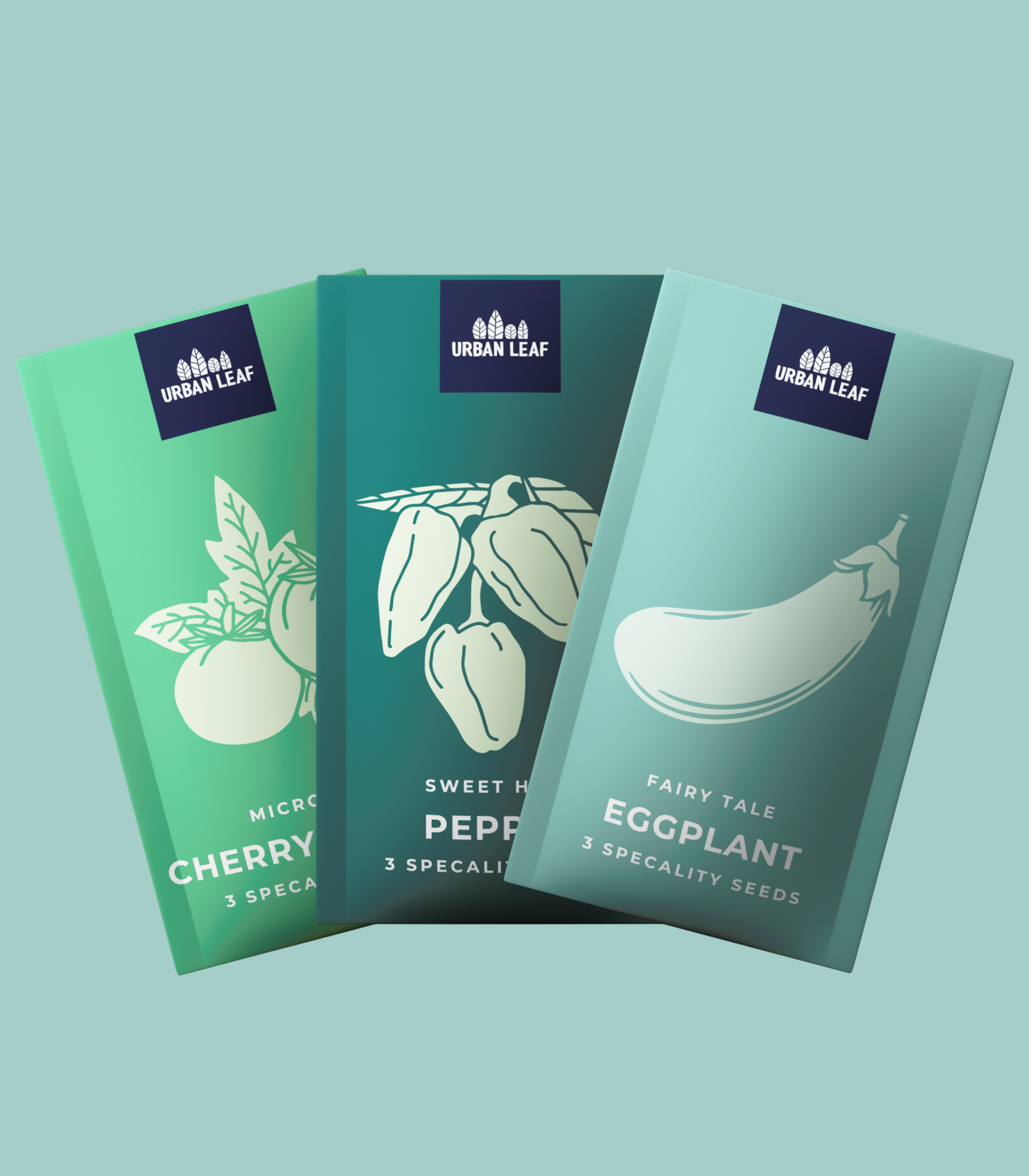
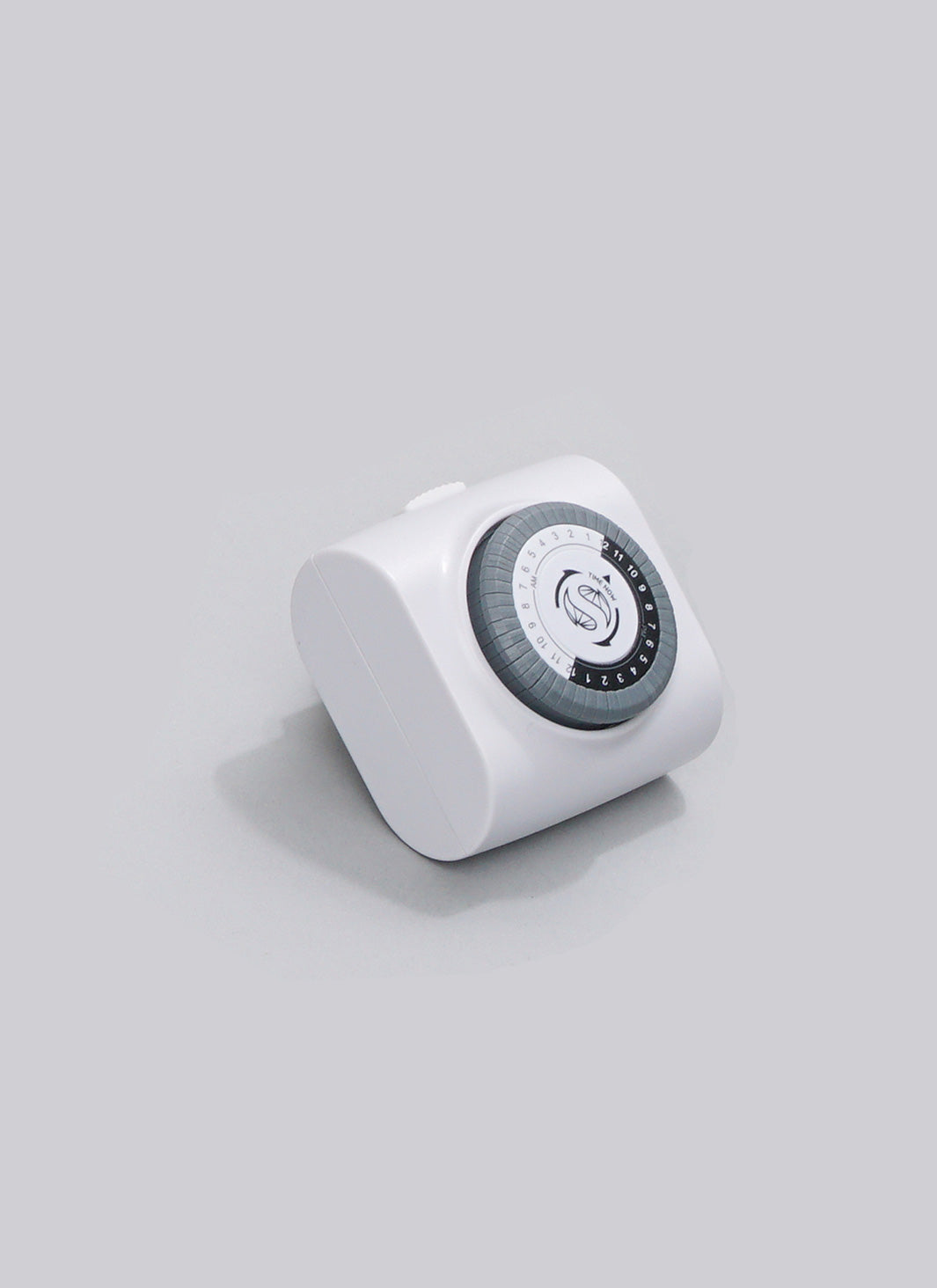
There are no comments for this article. Be the first one to leave a message!